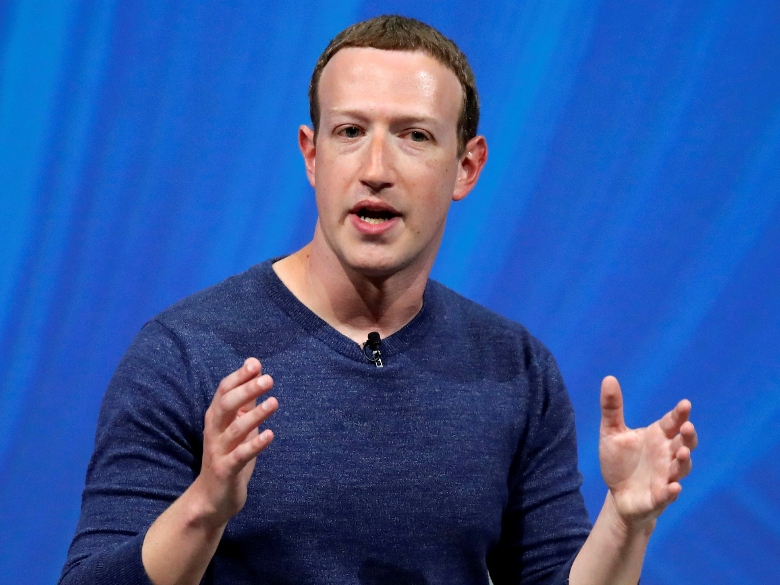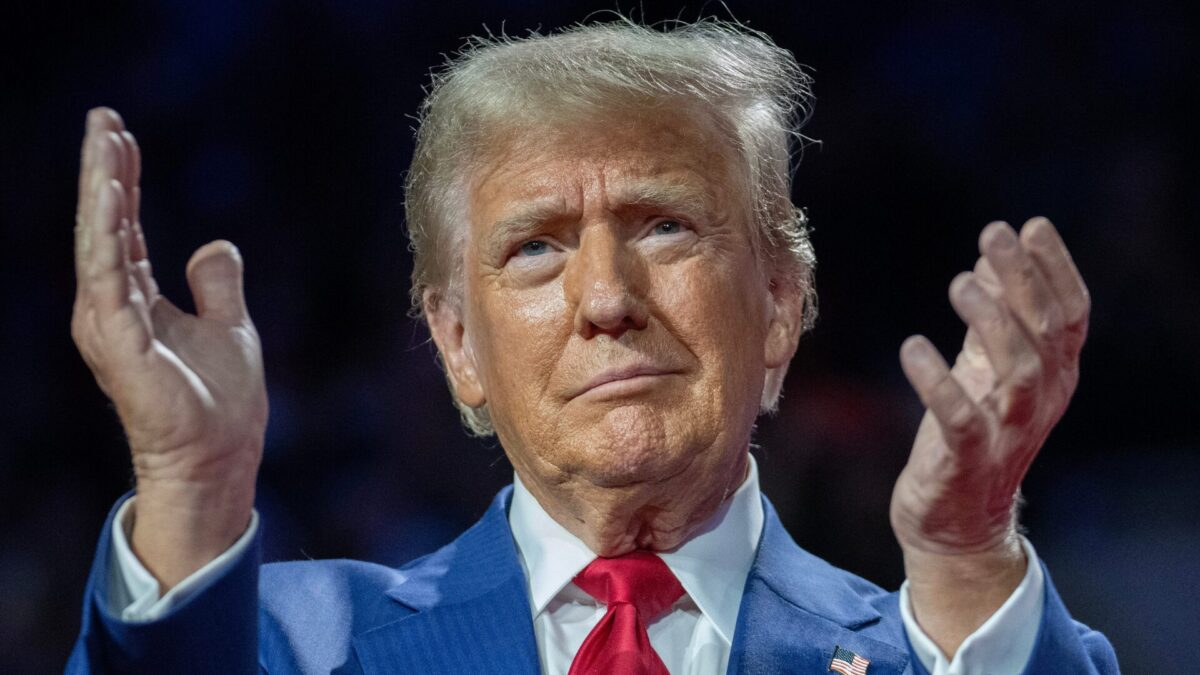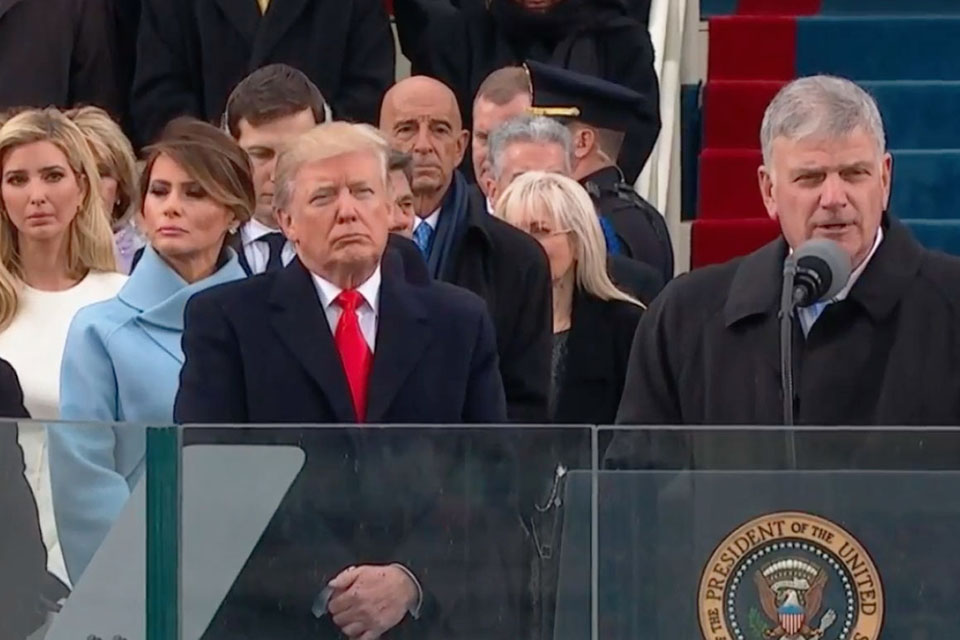In an unexpected turn of events, Mark Zuckerberg’s Meta, the parent company of Facebook and Instagram, has made a $1 million contribution to President-elect Donald Trump’s 2024 inaugural fund. The move signifies a remarkable shift in the relationship between the influential tech giant and the incoming administration, raising questions about the future dynamics between Big Tech and Washington.
The Wall Street Journal first reported on this surprising development, highlighting how Meta’s donation represents a stark departure from the company’s historically fraught relationship with Trump. During his first term, Trump frequently criticized Zuckerberg and Facebook, labeling the platform as the “true enemy of the people” and deriding Zuckerberg with nicknames like “Zuckerschmuck.” Trump even threatened to punish the tech CEO if he perceived any attempts to influence the election against him. However, the recent donation marks a thaw in these icy relations, suggesting a strategic recalibration by Zuckerberg and Meta’s leadership.
This donation comes at a time when Republicans are poised to hold power in the White House and both chambers of Congress. With calls for tighter regulations on Big Tech intensifying, Zuckerberg’s actions could be seen as a pragmatic move to mitigate potential conflicts with the new administration. Tech companies like Meta have faced bipartisan criticism for alleged bias, censorship, and monopolistic practices, leaving executives like Zuckerberg to navigate a minefield of political challenges while maintaining the confidence of their largely progressive workforce.
Zuckerberg’s outreach to Trump’s team extends beyond financial contributions. In November, he dined with Trump at Mar-a-Lago, the president-elect’s private club in Palm Beach, Florida. The dinner, described as a general relationship-building effort, followed two days of meetings between Zuckerberg’s advisers and key figures from the incoming administration. Notably, Zuckerberg personally demonstrated Meta’s Ray-Ban smart glasses to Trump during their meeting, even gifting a pair to the president-elect. This gesture was accompanied by Meta’s announcement of its planned $1 million donation to Trump’s inaugural fund, signaling a broader attempt to establish goodwill.
During their interactions, Zuckerberg reportedly expressed optimism about Trump’s presidency and praised his response to an assassination attempt. These overtures seem to have resonated with Trump, who later remarked that he likes Zuckerberg “much better now” and believes the CEO will “stay out of the election.”
Beyond the personal relationship, Meta’s leadership has signaled an interest in playing a more active role in shaping technology policy under the Trump administration. Nick Clegg, Meta’s head of global affairs, recently emphasized Zuckerberg’s commitment to maintaining America’s leadership in technological innovation, particularly in artificial intelligence. Speaking to business leaders, Zuckerberg underscored the importance of constructive engagement with the government to address critical issues in the tech sector.
Despite these efforts to build bridges, the incoming administration’s appointments indicate that Big Tech will remain under scrutiny. Trump’s nominee for the Federal Trade Commission (FTC), Andrew Ferguson, is expected to take a hardline approach to regulating tech giants like Meta. Ferguson has vowed to end what he describes as “Big Tech’s vendetta against competition and free speech,” signaling potential battles over antitrust issues and alleged bias against conservative voices on social media platforms.
The stakes are high for Meta and other tech companies as they navigate this evolving political landscape. The GOP’s criticism of perceived censorship and market dominance by Big Tech poses significant risks for companies like Meta, which could face stricter regulations or even antitrust action. At the same time, Zuckerberg’s efforts to engage with Trump’s administration highlight the balancing act required to address political pressures while maintaining the trust of Meta’s predominantly progressive workforce.
The $1 million donation to Trump’s inaugural fund represents a calculated effort by Zuckerberg to reset Meta’s relationship with the Republican Party. While some may view this move as opportunistic, others see it as a necessary step for Big Tech to secure its position in an increasingly polarized political climate. Whether these overtures will yield long-term benefits for Meta remains to be seen, but they underscore the complexities of navigating the intersection of technology and politics in the 21st century.
As the Trump administration prepares to take office, all eyes will be on how Big Tech adapts to the new political reality. For Zuckerberg and Meta, the path forward will likely involve a delicate balance of collaboration and confrontation, as the company seeks to protect its interests while addressing mounting calls for accountability and reform.


